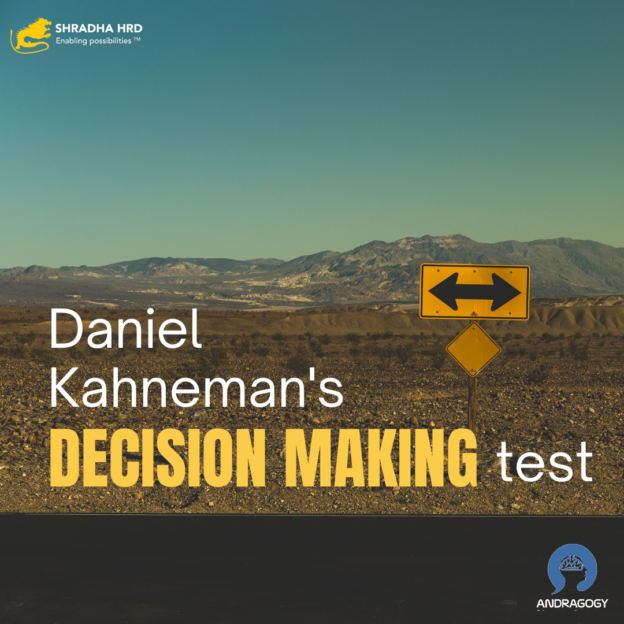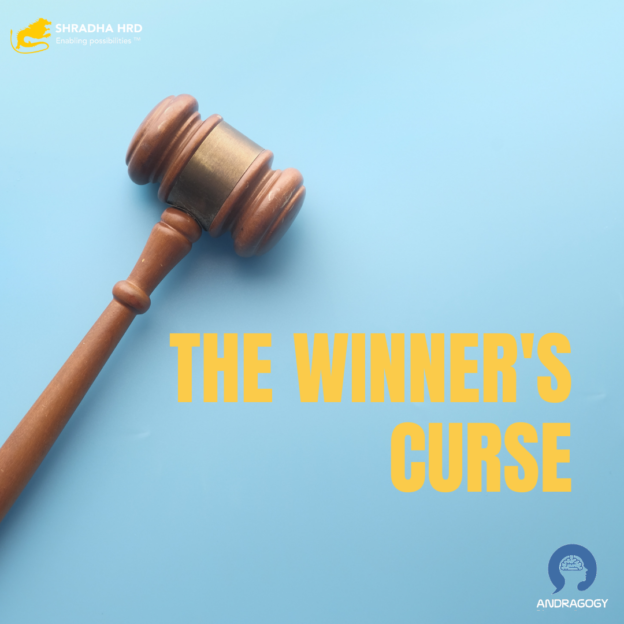
Given an option to choose between which of 2 events is likely to happen, how do you decide? How do you take decisions? How accurate is your decision making? Take a #test
#Option1: Delhi Airport is closed. Flights are cancelled.
#Option2: Delhi Airport is closed due to critical VIP movement. Flights are cancelled.
Is #Option1 more likely or #Option 2?
Most of us will choose option 2, even though it is more unlikely. The airport could be closed due to any number of reasons accident, strike, bomb threat, bad weather.
Why? The #conjunctionfallacy. When faced with details that are more #convincingly and vividly #potrayed, we believe them
Even #experts are not exempt from the Conjunction fallacy. In 1983, at an International
conference for future research, experts were divided into 2 groups
Group 1 was told “Oil consumption will decrease by 30%”
Group 2 was told “A dramatic rise in oil prices will lead to a 30% reduction in oil consumption”
Groups had to indicate how likely they felt the forecast was.
Group 2 felt much more strongly about the forecast than group 1
#DanielKahneman believes 2 types of thinking exist:
1.Intuitive, automatic and direct
2.Conscious, rational, slow logical
Intuitive thinking draws conclusions long before the conscious mind does

